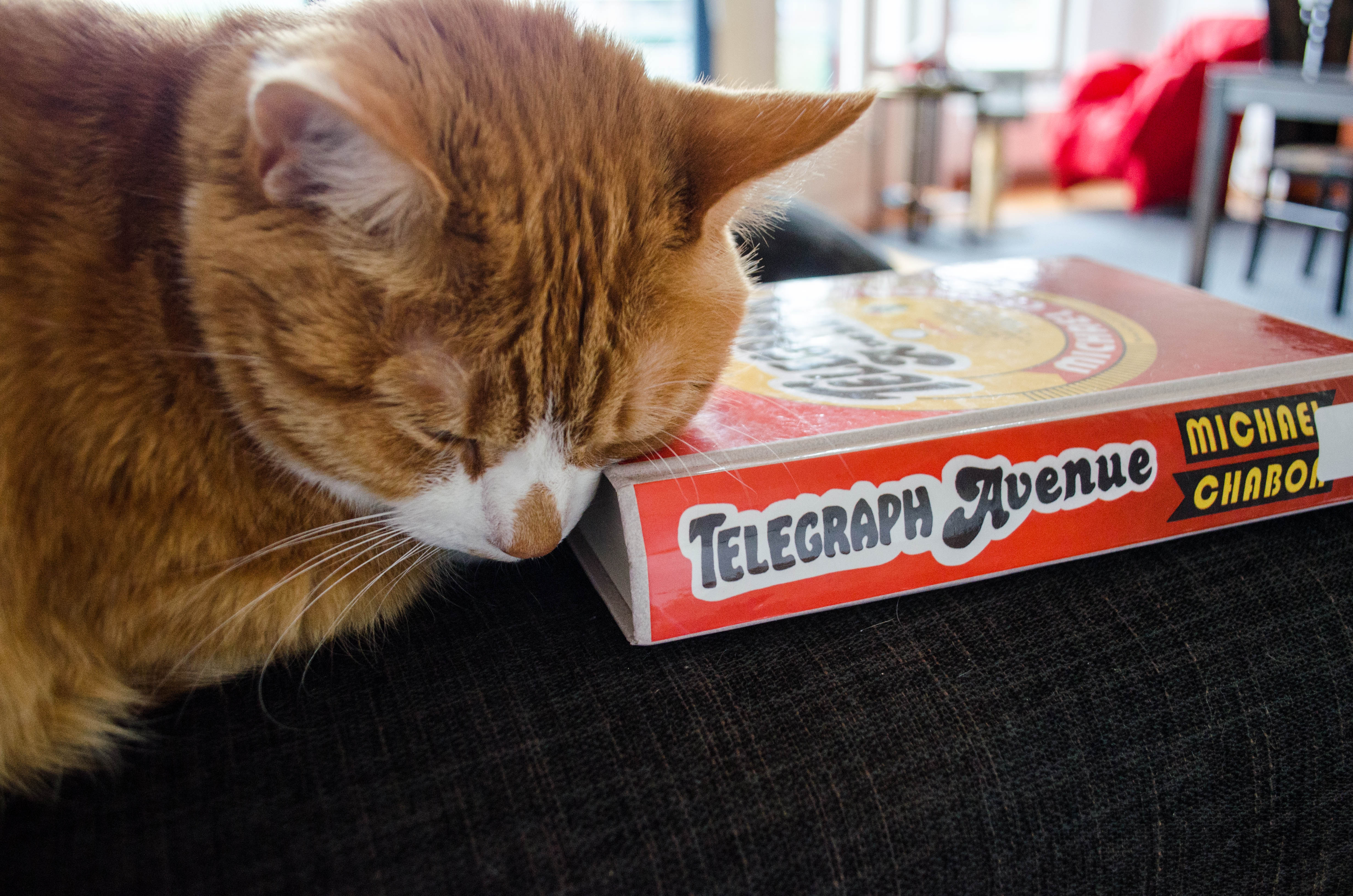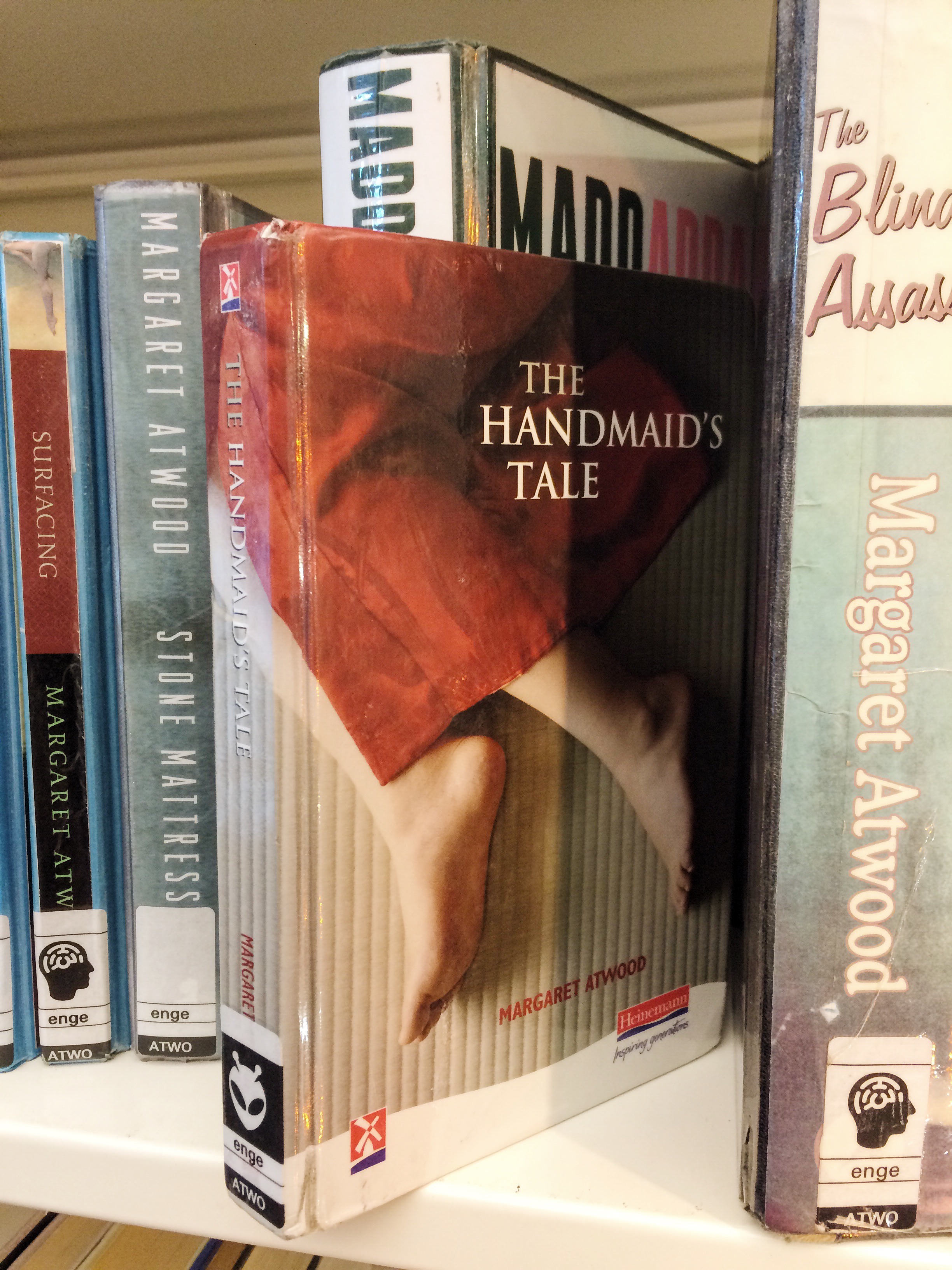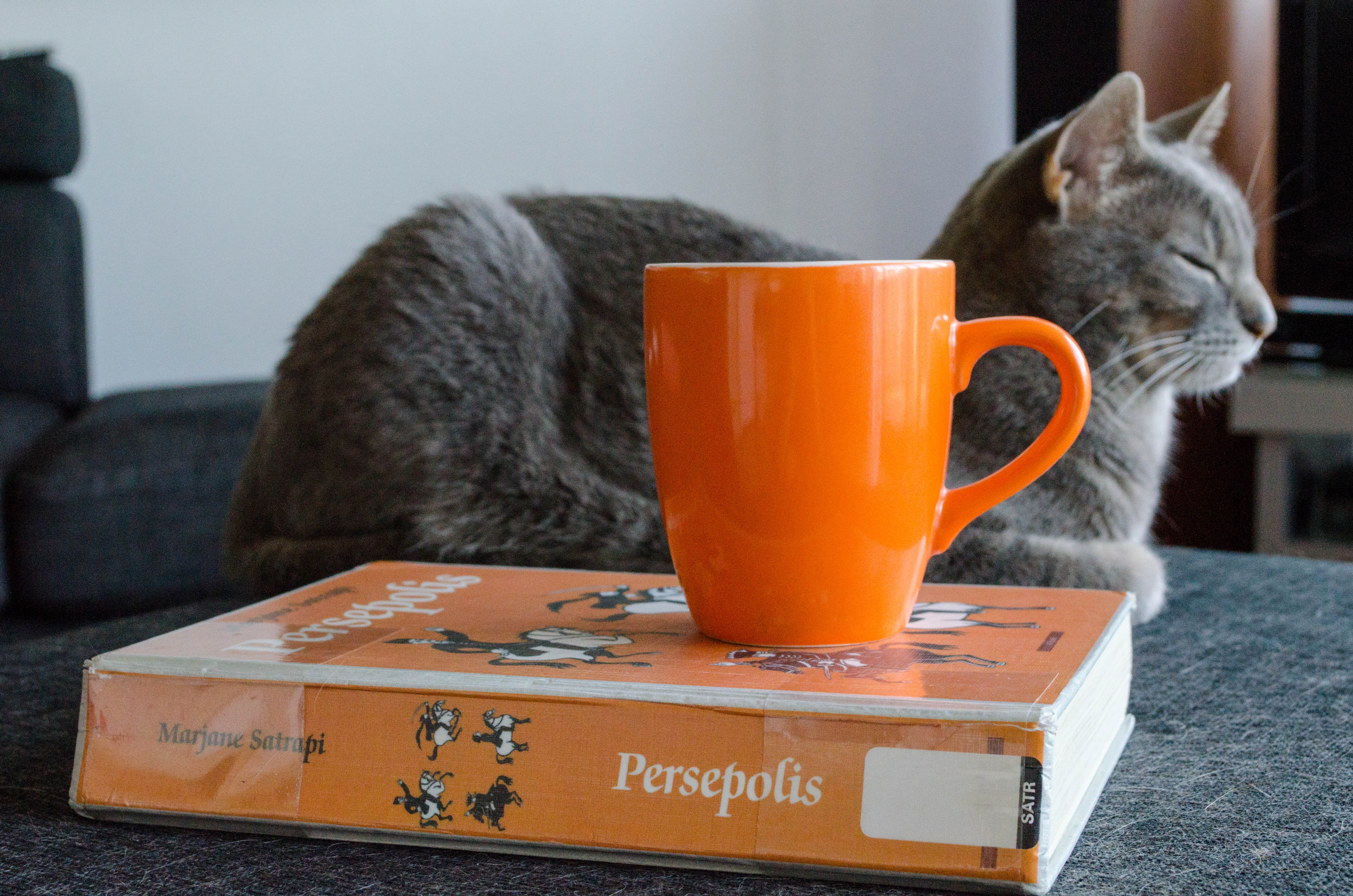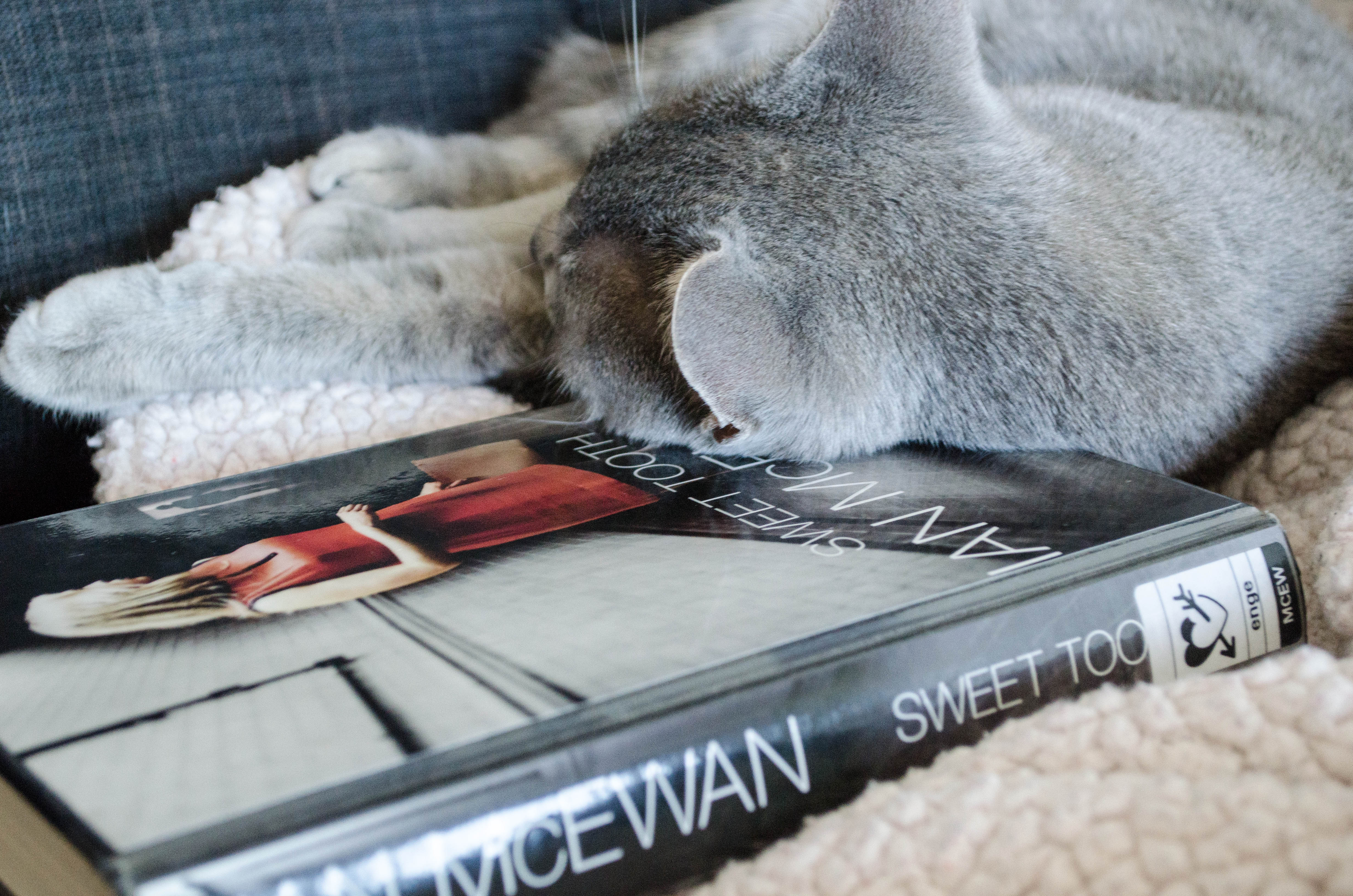I’ve been away, physically and mentally, for a couple of weeks and I’m struggling a bit to get back into a productive routine. T and I spent five days at an amazing music festival and then, after catching a cold from one of the 55,000 dirty hippies there, I spent the next five days recovering. In addition to getting seriously behind in my book reviews, I also need to be pounding the virtual pavement (or maybe the real one… yikes…) to find some new clients. But that’s another post for another day…
In the meantime, I’m back at it and this backlog of books has a little bit of everything…
Just finished

Telegraph Avenue by Michael Chabon
As a white woman, I can’t really tell you if Michael Chabon (white guy) should be writing black protagonists with absent-father issues at all, much less whether or not he got it right. I’d like to think that anyone should be able to write about whatever or whomever they want and that anyone should be able to have opinions about it, but that depends on and presumes an equality of representation. These guys are more qualified and better writers than I am, so take it from them instead. As it is, with a preponderance of celebrated literature written by white dudes, suffice it to say I feel squicky when another of them makes the choice to write about the struggles of a pair of best friends – one black, one white and Jewish – in Oakland. The racial discrepancy is both not a big deal and also the biggest, only deal in the book. Chabon goes out of his way to demonstrate how Nat – the white guy – has earned his honorary black card, but it’s that very demonstrative proof that simultaneously undermines it. You’re slapped in the face with alternating pages of deadbeat cat-daddies and white guilt.
Racial nausea aside, Chabon’s modifier-heavy style in this book (particularly in the first few pages) is also difficult to swallow. Once you get into his groove, though, some really beautifully written characters start to develop. Chabon spends about 300 pages carefully drawing a variety of richly defined voices, but then all the effort that goes into the meticulous weaving of motivations and disappointments feels wasted when Chabon never gives them anything to do. The sensitive details laid down in the first chapters get you geared up for something exquisite and fine, but instead, the stakes get jacked up to absurdist and slapstick proportions in the last few pages and the characters just kind of float carelessly away.

The Handmaid’s Tale by Margaret Atwood
I wish I hadn’t waited so long before reading Margaret Atwood, but maybe it’s good that I let my feminist perspective ripen a little before I plunged in. Atwood doesn’t apologize or qualify her story as a feminist one – it just is, making it all the more radical. The women are simply fully realized, complex beings with thoughts and actions that can be centered around sexuality and maternity without having their identities consumed or flattened into a disposable plot point. If you haven’t read The Handmaid’s Tale, you probably at least have heard that it’s supposed to be an unsettling and damning look at modern sex politics and reproductive freedom. All of that is true, but what you don’t hear as often is how genuinely taught and thrilling this book is as a straight-up scary story. There are real heart-thumping moments and, along with the sincerely high stakes, great character portrayals and clinically emotionally precise prose, this book is 100% perfection.

Persepolis by Marjane Satrapi
I want to say that my lukewarm feelings about this book are a result of my imperfect understanding of the Dutch translation, but I don’t know if reading it in English would have endeared me to it any more. It’s written as a memoir and unfortunately few of us are able to shape our lives into tidy plots with compelling rises and falls. Satrapi’s depiction of her childhood and early inner thoughts is the most compelling, but when she moves out of Iran to Austria, she and the book both kind of lose the thread. It feels like there’s a lot of filler in that middle bit and yet still a lot left unexplained, particularly just as she’s about to return home to Iran, when she gets kicked out of her rental place by a crazy horse-woman who accuses her of stealing a broach and then spends a few nights on the street. I think this book had its moment, when we hadn’t yet heard much about Islam and were still impressed and surprised by big, personal topics being tackled in graphic novels but, in 2016, Persepolis has lost some of its punch. At least, as read in Dutch by a person of questionable fluency…

Sweet Tooth by Ian McEwan
This book and The Handmaid’s Tale both use the ‘this book as found text’ plot device to varying success. Where The Handmaid’s Tale extends and enriches the story with the possibility of what it means to have the inner story exist as a layer in an outside context, Sweet Tooth uses it as an excuse and an apology. The best parts of protagonist Serena’s life get subsumed in a boy-crazy stupor and only in the last few pages do you learn that that’s because her whole narrative is supposed to have been written by her lover. Also, that word is used a lot. I like the style of McEwan’s writing, where meals are simple and elegant, linens are crisp and outfits are tailored. There’s a delightful sumptuousness to that kind of writing, and it makes me feel relaxed. You know you’re in good hands with McEwan as a storyteller, and you can just sit back and enjoy the scenery. Alas, the story is peppered with gross moments (“He was amazing.”) and then you are slapped on the wrist, silly reader, for rolling your eyes because it was Serena’s LOVER writing her story the whole time. You’re made to suffer through all of her poorly rendered inner thoughts and a few gotcha pages at the end – see, it was supposed to be bad! – don’t balance the scales.
Currently reading
All the Pretty Horses by Cormac McCarthy
My biggest fear was that I wouldn’t love it as much upon a second reading, but I think it’s going to be okay. Get ready book club, I think McCarthy is the hill I’m willing to die on.
On the horizon
A Darker Shade of Magic by VE Schwab
This is literally the last unread book on my bookshelf. I’ve been leaning heavily on my library membership, but I can’t hold out any longer. I’m dying to dive into this series, which everyone I trust has been saying is brilliant.
